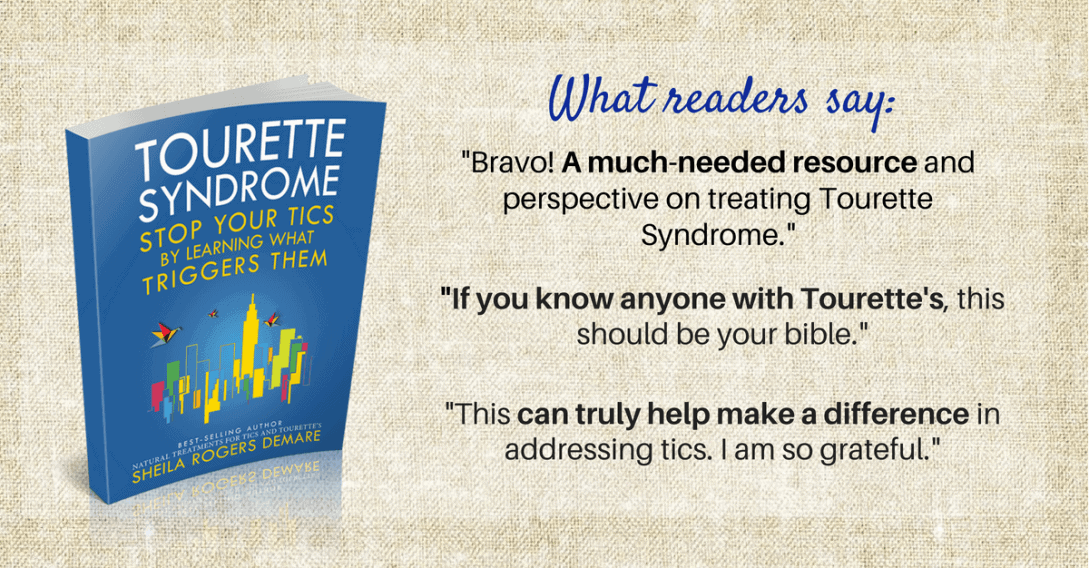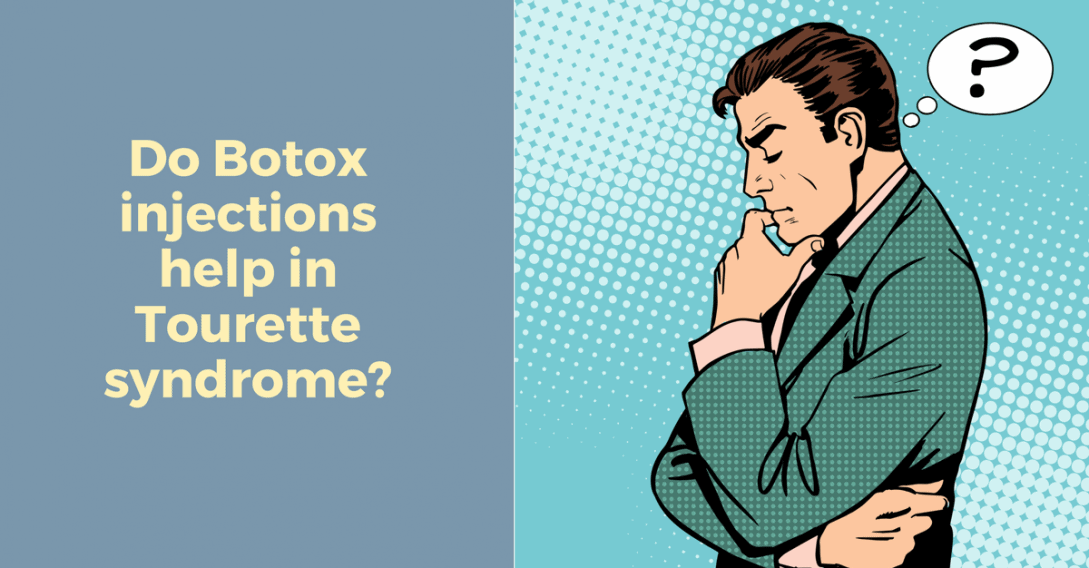Tics and Tourettes: Prevention and Treatment
There’s a saying that genetics loads the gun, but the environment pulls the trigger. Whether or not you have a family history of Tourette syndrome or related tic disorders, there are several approaches you can take to prevent and treat symptoms.
Doctors often tell people with Tourettes that there is nothing they can do to besides reducing stress: “The tics wax and wane—they come and go on their own.” Some even refer to the process as a “mystery.” Families are apparently expected to just sit back and watch the ups and downs take place. This attitude makes about as much sense as telling people with allergies that their symptoms will “wax and wane,” without explaining which allergens may affect a person’s symptoms.
Of course, doctors would tell their patients why vocal and muscle tics wax and wane—if they knew. But there has been an appalling lack of interest in the role of the environment by leaders in the field. In fact, for the last 18 years, our organization is the only group that has been vigorously exploring a range of factors that can aggravate tics, such as toxic exposures; food sensitivities and food allergy; heavy metals; nutrient imbalances; infection, allergens, and immune system issues.
Our book Natural Treatments for Tics and Tourettes: A Patient and Family Guide gives a comprehensive explanation of non-toxic prevention and treatment options with a review of behavioral approaches, acupuncture and biofeedback; hypnosis may also be helpful.
Families can learn more with our article Finding Triggers for Tics: A Must Read. An integrative physician can assist in determining underlying biological causes of symptoms. While the standard treatment for tics focuses on strong medications that many seek to avoid, ACN Latitudes offers valuable options to patients and families.




.
Related articles are shown below. If you don’t find what you’re looking for, you can search using the box at the upper right of the page or browse our forums.
FOR IMMEDIATE RELEASE June 6, 2018 Contact: Rose Winter Email: Media@latitudes.org Phone 312-271-1525 Bold New Book on Tourette Syndrome Exposes What Mainstream Medicine Refuses to Acknowledge (GROSSE ILE, MICHIGAN) It’s time to add another voice […]
Some authors might be able to ignore the type of nasty messages I received when my new book was launched online in January. But not me! I had never before been the recipient of internet […]
ANDREA FRAZIER If you’re anything like I was when my son was diagnosed with Tourette’s 10 years ago, it can feel like your world is falling apart. Questions like, “Will he be bullied?” or “What […]
At some point we all have moments when our mortality hits home. Maybe a friend or relative passes. Perhaps we face a health crisis, or enjoy a glimpse of spiritual awakening. A fresh awareness of […]
Botulinum toxin (Botox) as a therapy for tics is not FDA-approved. Still, it is considered by physicians at times, especially for single tics, because conventional medications are often not effective and have the potential for […]
The extended-release form of a medication often used for ADHD was recently studied for chronic tic disorders, including Tourette syndrome, for kids aged 6 to 17.
In this article, a mother wrote to describe challenges in helping her son reduce his tics. Some suggestions are offered at the conclusion, and readers are invited to do the same in the comment section. […]
Environmental and Nutritional Tips to Improve Your Family’s Health This feature highlights reports, studies, and feedback on efforts that can make a positive impact in our quest for health. Topics we cover in this issue are included […]












